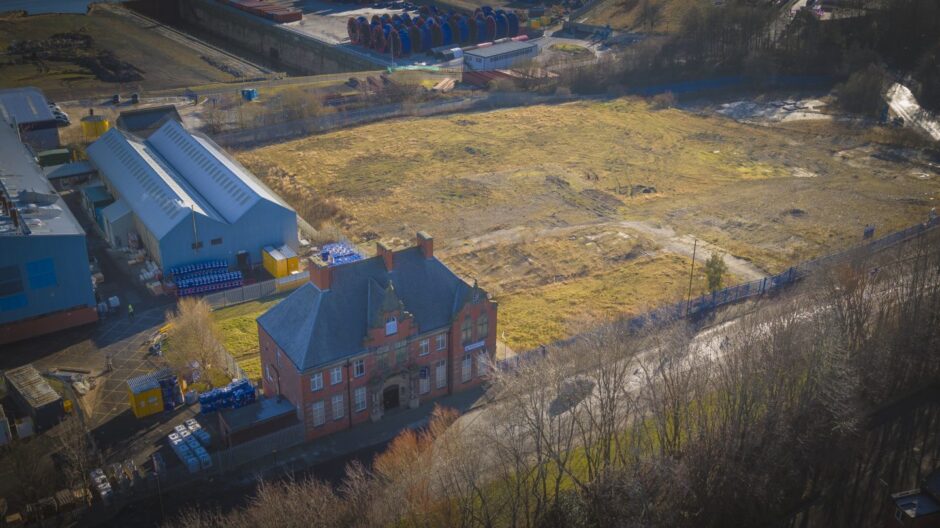
Green hydrogen firm Lhyfe (EURONEXT:LHYFE) has announced plans for its first UK production facility in the North East of England,
Lhyfe said if plans are approved, the planned facility on the brownfield site of the historic Neptune Bank Power Station in Wallsend, North Tyneside, would have an initial capacity of 20 megawatts (MW), capable of producing up to eight tonnes of green hydrogen per day.
The French-headquartered firm said eight tonnes would enable a hydrogen truck to travel approximately 100,000 km without emitting any CO2, while a car could go around the Earth 20 times or travel around 800,000 km.
Named Lhyfe Wallsend, the company said the plant aims to supply a range of organisations seeking to decarbonise their manufacturing and transport operations.
The announcement comes 18 months after Lhyfe launched its UK subsidiary, headquartered in Newcastle.
The company also has ambitions to develop offshore hydrogen production, tapping into the huge offshore wind potential the UK offers.
Lhyfe Wallsend
The proposed plant will occupy 4 acres of leased industrial-zoned land along the north bank of the River Tyne.
Lhyfe said the site was once part of the Neptune Bank Power Station, an early 20th-century pioneer in high-voltage power distribution and a model for the National Grid.
Lhyfe Wallsend will use green electricity from the grid, complying with the UK Low Carbon Hydrogen Standard.
The company is also exploring options to source power from local renewable assets, such as solar and wind.
Lhyfe said it is in advanced talks with several energy-intensive businesses in the area and across the UK, including those with transport fleets that could use hydrogen in their operations.
Lhyfe said a planning application will be submitted to North Tyneside Council in the spring, with a programme of community engagement underway.
Lhyfe chief business officer Taia Kronborg said: “We are excited to announce North Tyneside as the site for our first UK green hydrogen production project.
“The development of green hydrogen projects is critical if major energy users are to decarbonise their operations.
“We hope this project will not only help the North East but the whole of the UK reach its net zero targets.”
Recommended for you


 © Supplied by Lhyfe
© Supplied by Lhyfe